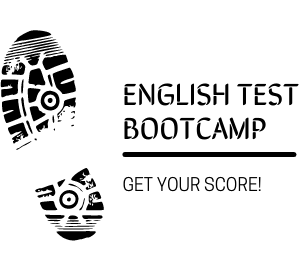54 Yaguchidai, Naka-ku, Yokohama, 231-0831, Japan
Companies use TOEIC® in a variety of ways. Some companies use it when they are hiring new employees either as a minimum score for a position or an additional asset to consider. Other companies use it to decide career paths within the company. Having a high TOEIC® can decide whether you can go on business trips abroad or not, or whether you can be a manager or not, or whether you can work in an overseas office or not. Thus employees with higher TOEIC® scores are put in position that require more English.
If you are a student or you do not have a job at the moment, your TOEIC® score can be a great addition to your CV or resume. This will tell your future employer that you have a business English ability. In Japan, you should put a score of 650 on your resume. If your score is far below this it is better if you do not put it on your resume.
In Japan over 2700 companies, organizations and schools used the test. Companies use the test to measure the English training they have. Sometimes they use it to check the English proficiency of new employees, or as part of the criteria for promotion and pay raises.
In short TOEIC® can make a big impact on your career. If your score is good this will be positive impact. But if your score is bad then this will be negative impact. Many universities now use TOEIC® to decide students English levels.
Business Test Takers
The chart below shows the scores that Japanese companies typically expect for a variety of positions. This can give us a general idea of the score targets and professional goals that many of the students have in mind when they come to a TOEIC® class.
| Aichi Steel Corporation |
|
| IBM Japan |
|
| Matsushita Electrical Industrial Co. LTD. (Now Panasonic) |
|
| Nippon ¥usen Kaisha
(large Japanese shipping Company) |
|
